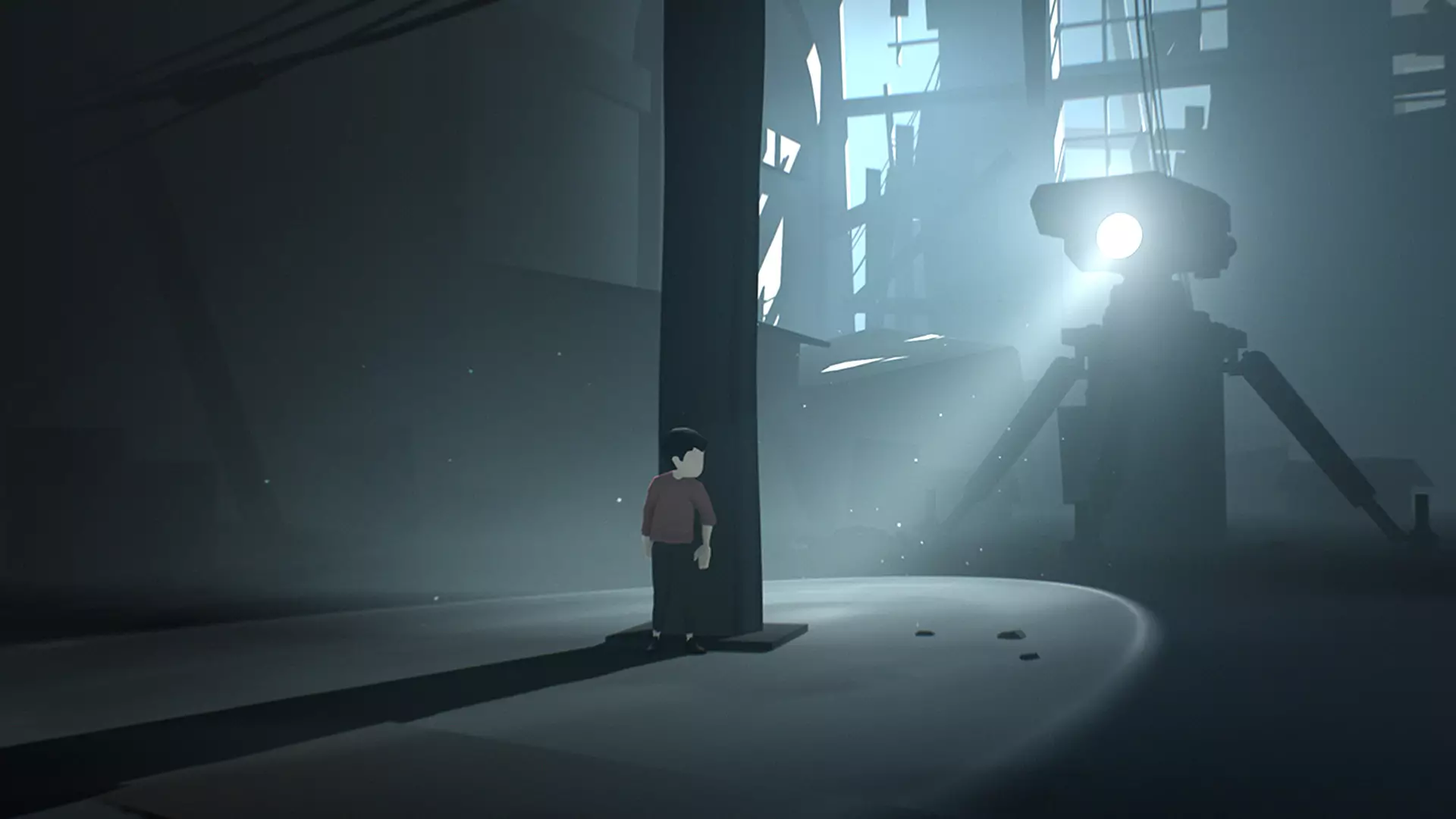In a surprising turn of events, beloved puzzle platformers such as *Limbo* and *Inside* are set to vanish from GOG’s digital shelves, igniting concerns beyond mere availability. These titles, symbols of artistic innovation and atmospheric storytelling, are being pulled amidst a complicated legal dispute involving their creators. For gamers and enthusiasts, this isn’t just about losing access—it’s a stark warning about the fragile nature of digital preservation and the profound impact corporate conflicts can have on cultural artifacts. When a platform chooses to delist such critically acclaimed works without clear explanations, it raises questions about the power dynamics within the industry, and whether artistic legacies are becoming collateral damage in personal and legal disputes.
The Human Element: A Rift That’s Reshaping Creative Legacies
At the heart of this controversy lies a bitter feud between Playdead’s co-founders, Dino Patti and Arnt Jenson. The tandem founded their company in 2006, shaping a distinctive niche in indie gaming with *Limbo* and *Inside*, titles celebrated for their innovation and haunting visuals. However, the relationship between these creative minds has soured over time, culminating in legal threats and accusations. Patti’s departure from Playdead to establish Jumpship, and the subsequent legal battles, are reframing public perception of these groundbreaking titles. This discord not only tarnishes the personal reputations involved but also threatens to erase a significant part of gaming history—an unintended consequence of conflicts that, unfortunately, now threaten digital access to treasured works.
The Industry’s Double Edged Sword: Innovation vs. Personal Disputes
The removal of *Limbo* and *Inside* raises uncomfortable questions about the balance of power between developers, publishers, and digital storefronts. While these games have long been celebrated for their artistic boldness and innovative mechanics, their current fate illustrates how industry disputes can eclipse creative achievements. Instead of being viewed solely as cultural milestones, these titles now risk becoming pawns in a legal chess game. This situation begs a broader reflection: should access to influential art be so vulnerable to the personal conflicts of its creators? Given the importance of these titles in shaping modern game design, their potential disappearance could set a troubling precedent, emphasizing profit or legal tactics over cultural preservation.
Broader Implications: A Call for Digital Cultural Responsibility
The case of Playdead’s titles highlights a pressing challenge for the gaming community and the industry at large: safeguarding digital cultural assets against internal conflicts. As games increasingly become recognized as art and historical records, their accessibility must be protected from the chaos of personal disputes. It’s an urgent call for developers, platforms, and legal systems to consider the long-term implications of such removals. Otherwise, we risk a future where the most influential works are vulnerable—subject to the whims of legal squabbles rather than their artistic merit. The loss of *Limbo* and *Inside* from GOG is more than an inconvenience; it’s a stark reminder that the preservation of digital heritage requires proactive, thoughtful policies that transcend individual egos and legal battles.
The dispute between Patti and Jenson, and its fallout, underscores a broader truth: behind every iconic game lies a complex human story—tales of ambition, conflict, and creative vision. As industry stakeholders and players, we must advocate not just for great games, but for the integrity and longevity of the cultural treasures we cherish.

